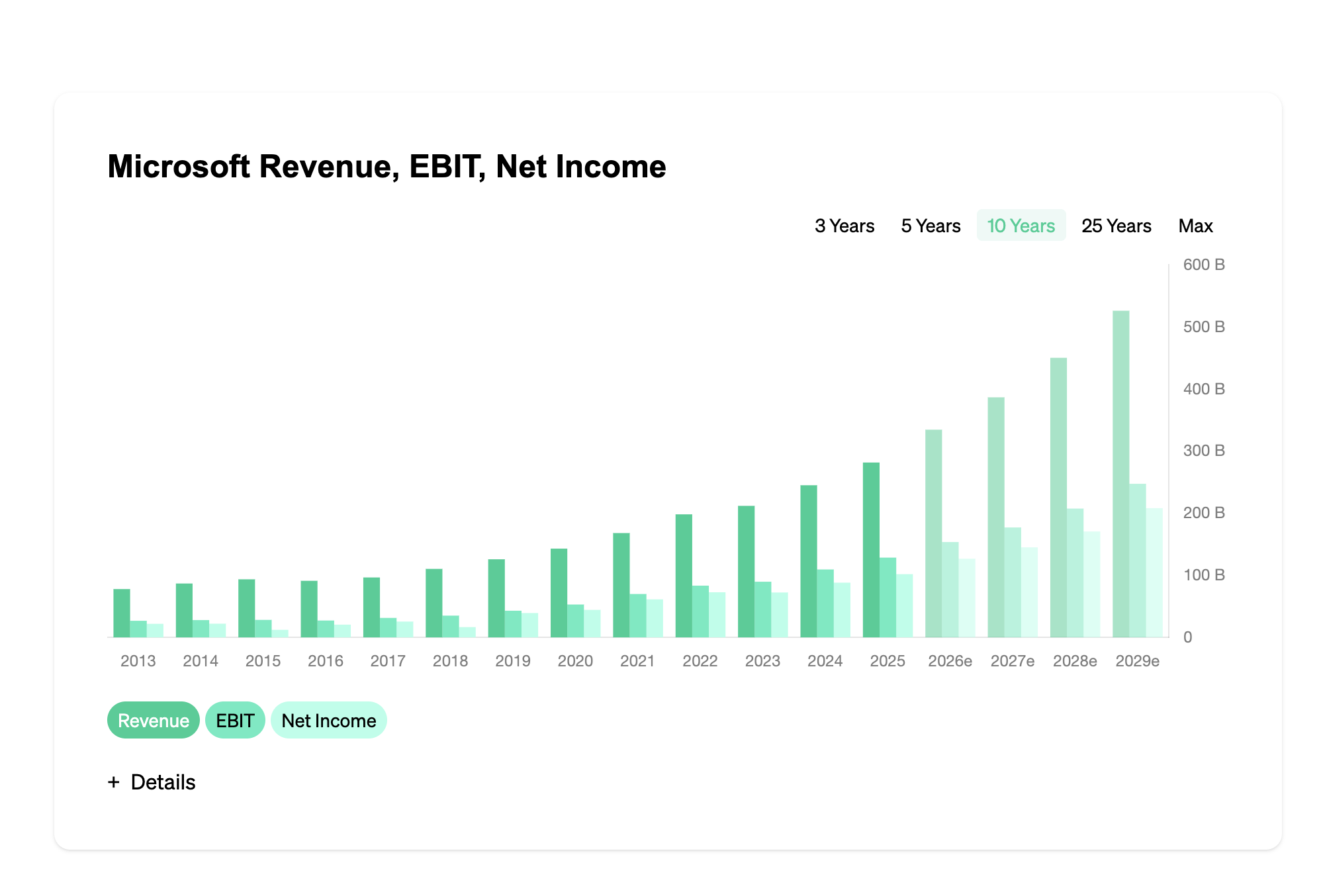Defraudation
Definition and Explanation
TL;DR – Brief Definition
Go to FAQs →Defraudation: Defraudation (Betrug in German) is a term referring to a deliberate act of deceit, misrepresentation, or manipulation undertaken with the intention to deceive investors, causing them financial harm. In the context of capital markets, defraudation is a serious offense that undermines the integrity and trust in the financial system. Given the complexity of the ever-evolving financial landscape, investors are exposed to various forms and schemes of defraudation. These can range from insider trading and market manipulation to Ponzi schemes and fraudulent investment advice. Understanding defraudation is crucial for investors, as it enables them to identify potential risks and protect themselves against financial losses. Insider trading (Insiderhandel), a common form of defraudation, occurs when individuals with non-public information trade securities, taking advantage of their privileged insights. Such actions undermine the fairness of the market and can distort price movements. It is important to note that insider trading is illegal and subject to severe penalties under the German Securities Trading Act (Wertpapierhandelsgesetz). Another form of defraudation is market manipulation (Kursmanipulation), where false or misleading information is disseminated to influence stock prices. This can be achieved through spreading rumors, conducting wash trades, or engaging in stock price rigging (Aktienkursmanipulation). Market manipulation distorts the supply and demand dynamics and can lead to artificial price movements detrimental to investors' interests. One infamous example of defraudation is the Ponzi scheme (Schneeballsystem). Named after Charles Ponzi, this fraudulent investment operation relies on the continuous influx of new investors' funds to pay promised returns to existing investors. This unsustainable model eventually collapses, leaving many investors with substantial financial losses. German law considers Ponzi schemes as criminal acts and subject to prosecution under the Penal Code (Strafgesetzbuch). Furthermore, defraudation can occur through the provision of fraudulent investment advice (Betrügerische Anlageberatung). This involves dishonest practices by individuals or entities offering financial recommendations that are intentionally misleading or omit crucial information. Victims may be enticed by false promises of high returns or lured into investing in unsuitable products. It is crucial for investors to conduct thorough due diligence and seek advice from reputable professionals to avoid falling victim to such fraudulent practices. In conclusion, defraudation encompasses various fraudulent activities aimed at deceiving investors in capital markets. By becoming familiar with different forms of defraudation, investors can better protect themselves from financial harm. Awareness, due diligence, and adherence to the regulatory framework are essential in maintaining the integrity and stability of the capital markets. At Eulerpool.com, we strive to provide investors with comprehensive and informative resources to enhance their understanding of the financial landscape. Our glossary serves as a valuable tool, enabling investors to familiarize themselves with the technical terminology associated with capital markets, including terms related to defraudation. By staying informed, investors can make informed investment decisions while mitigating potential risks. Stay tuned to Eulerpool.com to explore our expansive glossary and stay up-to-date with the latest developments in the world of finance.
Detailed Definition
Frequently Asked Questions about Defraudation
Was bedeutet Defraudation?
Defraudation (Betrug in German) is a term referring to a deliberate act of deceit, misrepresentation, or manipulation undertaken with the intention to deceive investors, causing them financial harm. In the context of capital markets, defraudation is a serious offense that undermines the integrity and trust in the financial system.
Wie wird Defraudation beim Investieren verwendet?
„Defraudation“ hilft dabei, Informationen einzuordnen und Entscheidungen an der Börse besser zu verstehen. Wichtig ist immer der Kontext (Branche, Marktphase, Vergleichswerte).
Woran erkenne ich Defraudation in der Praxis?
Achte darauf, wo der Begriff in Unternehmensberichten, Kennzahlen oder Nachrichten auftaucht. In der Regel wird „Defraudation“ genutzt, um Entwicklungen zu beschreiben oder Größen vergleichbar zu machen.
Welche typischen Fehler gibt es bei Defraudation?
Häufige Fehler sind: falscher Vergleich (Äpfel mit Birnen), isolierte Betrachtung ohne Kontext und das Überinterpretieren einzelner Werte. Nutze „Defraudation“ zusammen mit weiteren Kennzahlen/Infos.
Welche Begriffe sind eng verwandt mit Defraudation?
Ähnliche Begriffe findest du weiter unten unter „Leserfavoriten“ bzw. verwandten Einträgen. Diese helfen, „Defraudation“ besser abzugrenzen und im Gesamtbild zu verstehen.
Lasītāju favorīti Eulerpool biržas vārdnīcā
Grundversorger
Grundversorger ist ein Begriff aus dem Bereich der Energieversorgung in Deutschland. Dieser Begriff bezieht sich auf Unternehmen, die als primäre Versorger für die Grundversorgung von Strom und Gas in einem...
Prüfungskosten
Prüfungskosten sind Ausgaben, die im Rahmen der Prüfung und Prüfungsvorbereitung von Unternehmen entstehen. Dieses Konzept ist insbesondere in den Bereichen Accounting und Finanzen von großer Bedeutung. Prüfungskosten umfassen in erster...
Negentropie
Negentropie: Definition, Bedeutung und Anwendung in den Kapitalmärkten Negentropie ist ein technischer Begriff aus der Welt der Kapitalmärkte, der in den Bereichen der Aktien, Kredite, Anleihen, Geldmärkte und Kryptowährungen von großer...
Eigenhändler
"Eigenhändler" ist ein technischer Begriff aus dem Bereich des Wertpapierhandels, der sich insbesondere auf den Handel mit Finanzinstrumenten bezieht. In der Welt der Kapitalmärkte bezieht sich der Begriff auf einen...
Funded Cover
Definition: "Funded Cover" (Finanzierte Absicherung) Die "fundierte Absicherung" ist eine fortgeschrittene Strategie zur Absicherung von Wertpapierpositionen eines Investors. Sie kombiniert den Kauf einer Wertpapierposition mit einer geeigneten Absicherungsstrategie, um potenzielle Verluste...
Solidity
Solidity ist eine der "Smart Contract"-Sprachen, die auf Ethereum basieren und allgemein für die Entwicklung von dezentralen Anwendungen verwendet wird. Smart Contracts sind automatisierte Verträge, die auf Blockchain-Systemen ausgeführt werden...
Deutsche Postbank AG
Deutsche Postbank AG, eine führende deutsche Finanzinstitution, ist ein Tochterunternehmen der Deutsche Bank und eine der größten Privatkundenbanken in Deutschland. Mit ihrem breiten Leistungsspektrum in den Bereichen Einlagen, Girokonten, Kredite,...
Absatzkosten
Absatzkosten sind ein zentraler Begriff im Bereich der Finanzmärkte und beziehen sich auf die Kosten, die ein Unternehmen zur Förderung und Vermarktung seiner Produkte und Dienstleistungen aufbringen muss. Sie umfassen...
Konsensprotokoll
Das Konsensprotokoll ist ein zentrales Konzept in der Blockchain-Technologie, die die Grundlage für Kryptowährungen wie Bitcoin und Ether bildet. Es handelt sich um ein verteiltes System zur Überprüfung und Bestätigung...
Verursacherprinzip
Das Verursacherprinzip ist ein fundamentaler Grundsatz im Bereich der Finanzmärkte, insbesondere im Hinblick auf die Verantwortlichkeit für finanzielle Auswirkungen und Risiken. Es besagt, dass diejenigen, die eine bestimmte Handlung oder...

